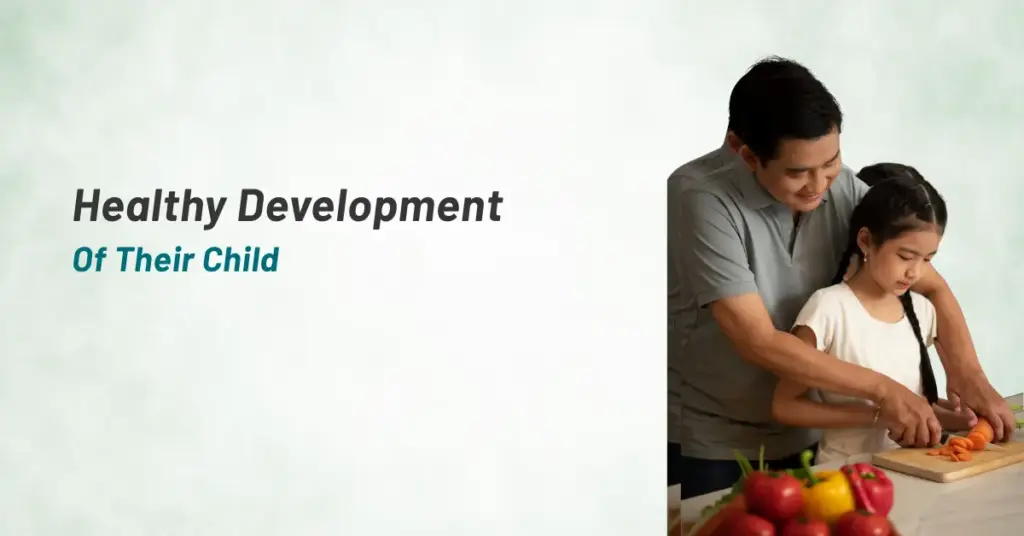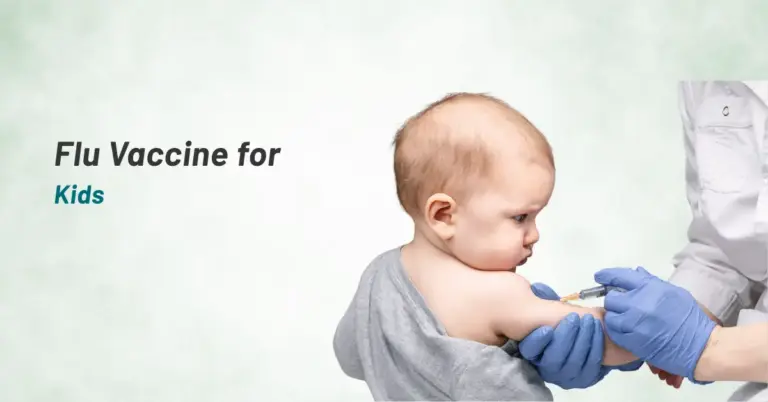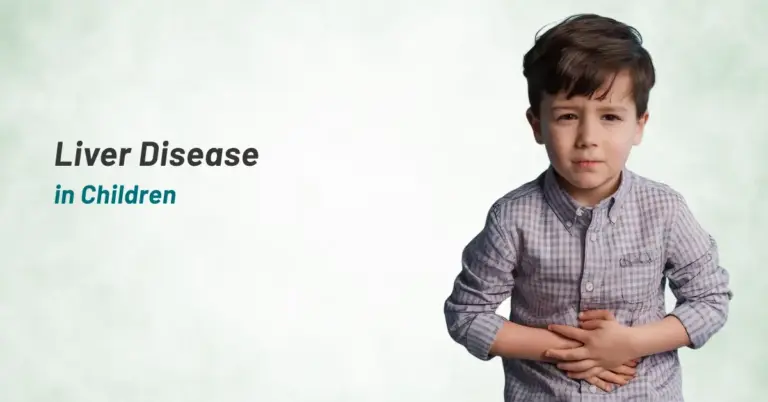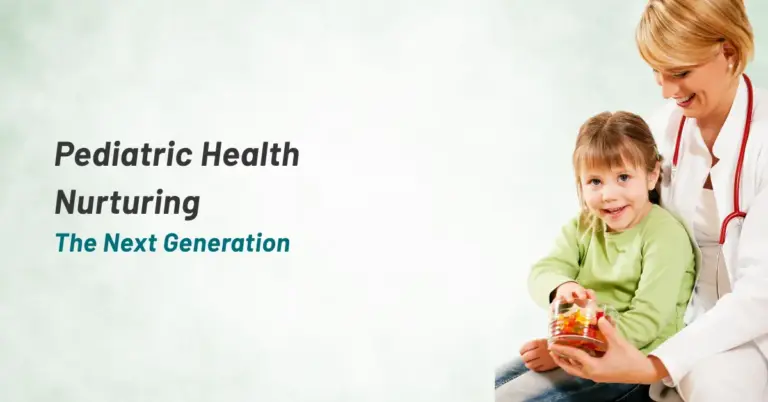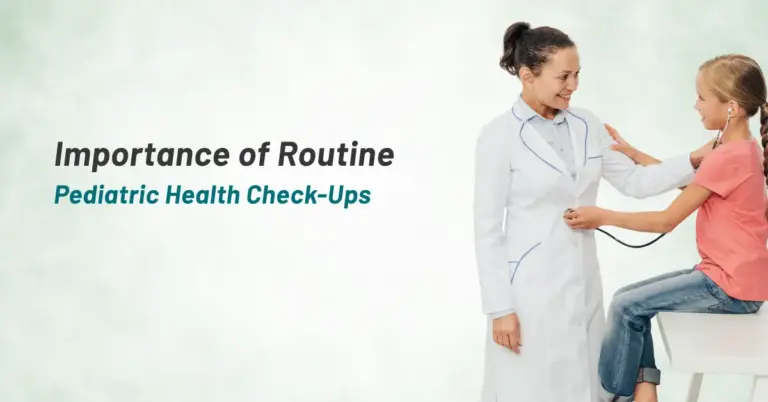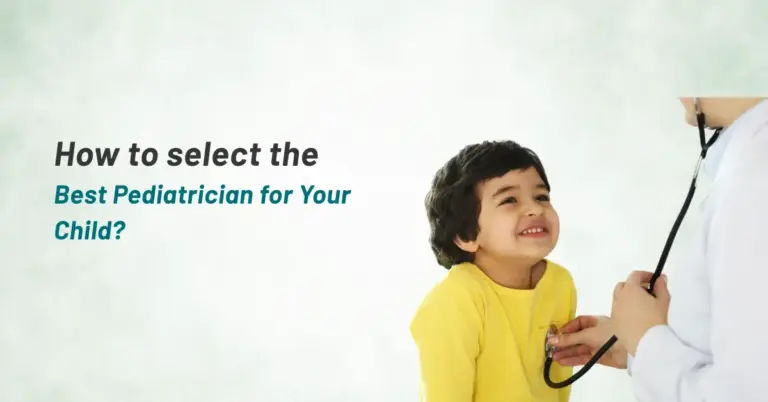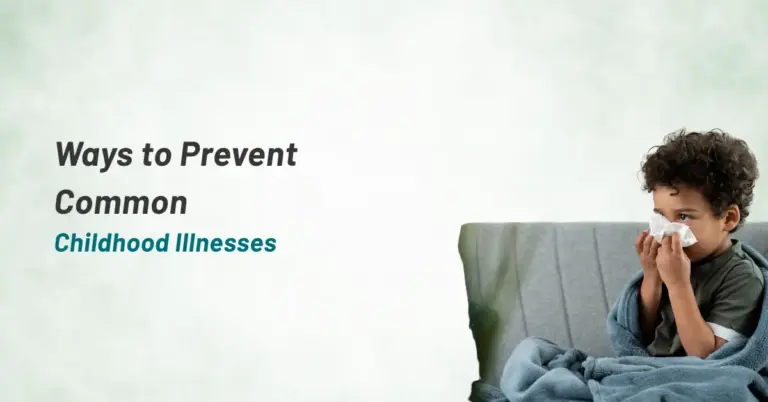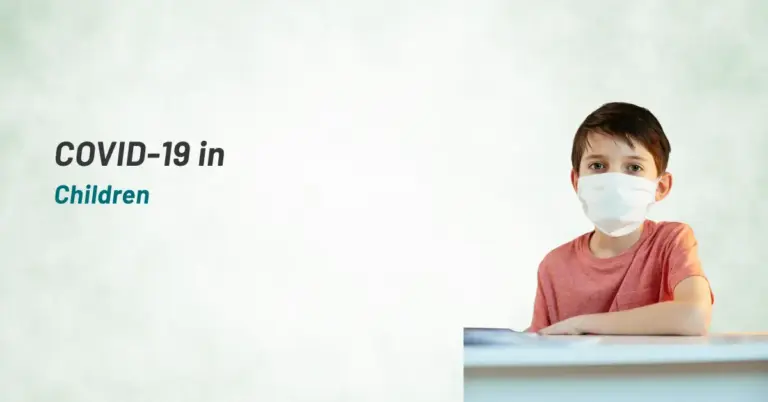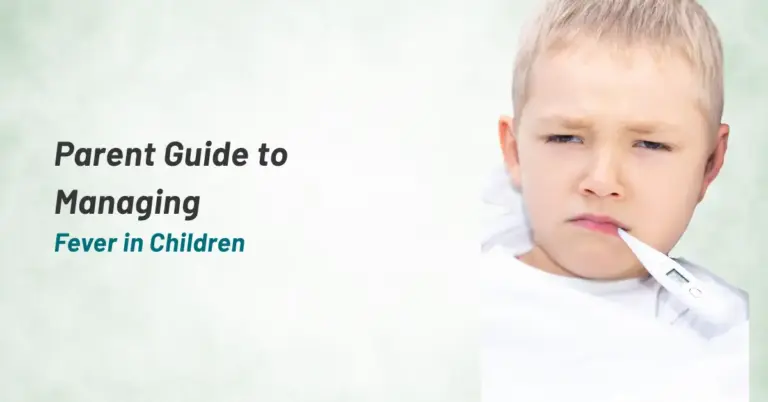Raising children is one of the most challenging and rewarding jobs in the world. While there is no formal education on parenting, early childhood forms the foundation for healthy childhood development. A child’s physical, mental, social, and emotional growth depends heavily on the care and nurturing they receive during these critical years.
Healthy development is built on trust, attachment, and consistent care. When children’s physical and emotional needs are met, they thrive, growing into well-rounded teenagers and adults. This guide explores simple ways parents can foster healthy growth in their children while balancing life’s demands.
What is Healthy Development?
Healthy development refers to the physical, cognitive, emotional, and social growth of a child. From infancy through adolescence, children require care, attention, and opportunities to learn and explore. Parents play a vital role in laying the foundation for lifelong well-being by:
- Meeting physical needs like food, shelter, and clothing.
- Supporting emotional needs through love, understanding, and encouragement.
- Providing a safe and stimulating environment for growth.
Children who experience healthy infant development and positive parenting are more likely to build strong relationships and succeed academically and socially.
Take Play Seriously
Play is a crucial element of childhood. Through imaginative and active play, children learn:
- Social skills like sharing, taking turns, and compromising.
- Creativity by imagining new worlds or roles.
- Problem-solving skills by overcoming challenges in play scenarios.
- Language development through verbal expression and interaction.
Whether it’s make-believe games or outdoor activities, play fosters holistic growth and encourages healthy development.
Simple Parenting Tips for Healthy Growth and Development
- Show Love and Affection
- Hug, spend time together, and actively listen to your child’s concerns.
- A loving environment fosters a sense of security and promotes healthy childhood development.
- Meet Emotional Needs
- Encourage your child to express emotions and validate their feelings.
- Help them navigate emotions like fear, anger, and anxiety in constructive ways.
- Celebrate Uniqueness
- Focus on your child’s strengths and interests rather than comparisons with others.
- Set realistic goals that align with their abilities and celebrate achievements.
- Practice Positive Discipline
- Use discipline as a teaching tool, not as punishment.
- Be fair, consistent, and constructive when setting boundaries.
- Encourage Learning and Exploration
- Provide opportunities for early learning and exposure to new experiences.
- Create safe spaces for children to play, explore, and learn.
The Importance of Quality Time
Life is busy, and parents often worry about not spending enough time with their children. However, what truly matters is the quality of time spent together. Even small, meaningful moments—like reading a bedtime story, sharing a meal, or talking about their day—can strengthen your bond and support healthy development.
Parents are their child’s first role models. By demonstrating kindness, patience, and a love for learning, you encourage your child to adopt positive behaviors that last a lifetime.
Promoting Healthy Growth Through Nurturing Environments
A child’s growth depends on more than just physical care. The following factors contribute significantly to healthy growth and development:
- Nutrition: A balanced diet ensures children are well-nourished and energetic.
- Immunizations: Vaccinations protect against preventable diseases.
- Safe Spaces: Clean air, water, and sanitation promote overall well-being.
- Access to Healthcare: Regular check-ups and timely medical attention are crucial.
Exclusive breastfeeding, especially in the early months, plays a vital role in healthy infant development. Parents should also ensure their children have safe play areas and access to educational opportunities.
What Should Parents Do?
Here are some actionable steps for parents to support their child’s development:
- Be Present: Dedicate undistracted time to connect with your child.
- Encourage Open Communication: Create an environment where your child feels safe sharing thoughts and feelings.
- Foster Independence: Allow your child to make decisions and learn from mistakes.
- Stay Positive: Praise positive behaviors and achievements to build self-esteem.
- Balance Discipline and Flexibility: Set boundaries but remain adaptable to their needs.
Embrace Imperfect Parenting
Parenting is not about perfection. It’s about being present, learning, and adapting as your child grows. By fostering healthy childhood development, you provide a strong foundation for their future. Remember, every small effort you make today contributes to a lifetime of well-being and success for your child.

